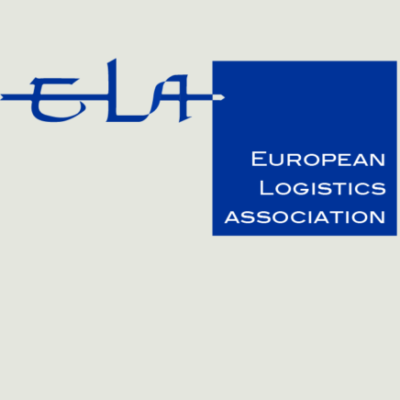
Covid19 ELA statement
The European Logistic and Supply Chain system under the stress from the Coronavirus outbreak
The pandemic scenario Europe is currently facing, contributes at highlighting some fundamental features of the European supply chains and the professionals working in them.
One, the networked economy, with its high degree of division of production activities on a global level, is a source of vulnerability for the European economy. Most big, international companies know exactly where their products are located and usually think they do not need to overstock, this actually works for the normal demand and supply fluctuations but does not take into account contingencies.
Two, Supply Chain Managers have proven their adaptability to challenging conditions; logistics proved again to be a decisive factor for the European production system even during the shock of the crisis.
In Italy, France and Spain many executive, planning and support functions have rapidly adapted to work from home, following the recommendations from European Governments. Transport and warehousing services are up and running across European countries, even if operations are getting slow and harder to be maintained. Delays and cancellation of deliveries cause problems for 66 per cent of German and at least 28 per cent of Italian companies.
Road and intermodal transport are key elements of the European supply chain. Although at the beginning of the crisis there was a surge of demand, the major road transport trade associations reckon a short term drop of 25% to 30% in the activity with respect to the usual levels, due to the drop of demand and the difficulties in international transport coming from the rise of borders control and health checks that generate queues of dozens of kilometers.
Airfreight and urgent express logistics by air have been heavily impacted. Lufthansa Cargo continues to fly its regular program, except for cancellations to mainland China, keeping the entire freighter fleet in the air and is currently examining the possibility of using passenger aircraft without passengers as pure cargo aircraft to further increase cargo capacity.
Even if no one can foresee the consequences of the coronavirus outbreak in Europe, ELA feels responsible for contributing at facing the current crisis also by making proper suggestions to European decision makers.
Critical issues
- Europe is strongly dependent on international supply networks in most industries: pharmaceuticals, aerospace, automotive, electronics
- The crisis is affecting the availability of cash of all businesses, and might lead to generalized delays in payments and defaults
- Access to materials, components, parts and products. Most of international trade flows through ports. Although activity continues, volumes are diminishing
ELA would like to propose, to the EU institutions and to the SC professional family:
- To keep the global supply chains up and running, also considering the dependence on non-European products in the health and pharmaceutical industry.
- To design and implement quick access to credit and other financial support reducing unnecessary bureaucracy as much as possible, supporting sick pay schemes, enabling deferred and discounted loans and subsidies to small and medium businesses. The aim must be to prevent bankruptcies and the loss of jobs ensuring that businesses remain solvent and able to trade; suspend European laws for fast payment, extend safeguarding procedures to freeze liabilities. Once we come to the end of this, we will need companies to be in a position to pick up where they left off, for that they will need to be solvent.
- Another consequence of the crisis might be a step back in environmental initiatives for the supply chain, since attention will be focused on business recovery. At European and local level, it is going to be necessary to support dissemination actions and policies that foster sustainability with the aim to recover the push for circular and collaborative economy.
- To consider and facilitate reshoring, in its different forms, as a mean to shorten supply chains and to reduce Supply Chain risk through multisourcing.
- Not just to plan for contingencies, but also to move one step further and to increase the preparedness by acquiring all necessary resources, training healthcare professionals and other first responders, including logistics service providers, to react to emergencies according to the plans.


